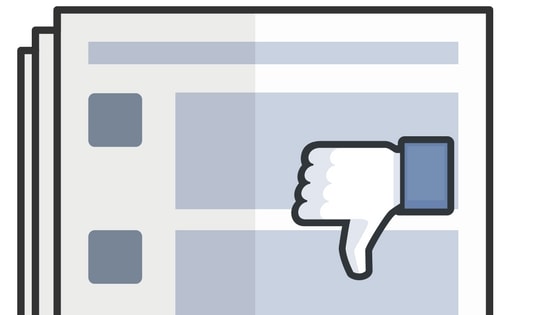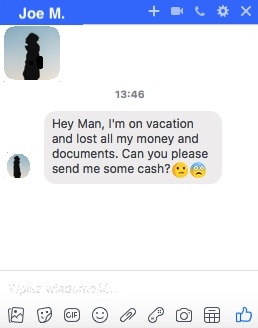8 Viral Social Media Scams That Fooled the World

“A fool thinks himself to be wise, but a wise man knows himself to be a fool.” Shakespeare noted this back in the 1500s and yet, even today, we fail to realize when we are being fools who are being fooled.
To be fair, it can be quite hard to detect social media scams and viral social media posts at times. Because they appear very real. And when something is fairly new, like a new way of scamming people, we aren’t yet aware of the possibility. Common sense tells us that the email we received saying we just inherited five million dollars from an unknown relative is likely to be a scam (especially if we have to pay the “lawyer” up front to get the details), but when your Facebook friend sends you a message saying their wallet has been stolen and they are overseas and need five dollars, that’s different. Only it isn’t. Both are scams.8 social media scams that you want to be aware of in 2018
-
See Who’s Viewed Your Profile
Facebook has never allowed you to see who has viewed your profile. If you sign up for this alleged app, all it does is steal your personal information (and possibly use it in various not so cool ways).
-
The Facebook Dislike Button

Also, with Facebook, or any other social media platform, if you receive an email from them asking you to sign in again as they suspect your account has been hacked, or something of the sorts, check the sender’s email address. Then go directly to the social media site and log in there. Don’t use the link in the email unless you know it’s legit.
-
Free Gift Cards
Of course, there’s nothing saying Starbucks wouldn’t do a campaign where, in return for sharing something on social media, you’d receive a free gift card, or a discount.To know the truth, check if the post originated from Starbucks (check their official social media accounts and homepage) and if you click on a link, see what the URL says. If it says starbucks.biz or theofficialstarbucks.com it isn’t Starbucks.
-
Celebrity News
How to avoid this? Google the news instead of clicking on the link. If it’s true there will be plenty of real articles about it. Read more about reliable news on social media and the fake news.
-
Joe Needs Money
 One of the most viral social media posts of all time is one that, at first, does not appear to be a scam. At least not if the scammer is clever.
One of the most viral social media posts of all time is one that, at first, does not appear to be a scam. At least not if the scammer is clever.
Say you have a friend named Joe. Suddenly he sends you a message (sounding like Joe) saying he’s on vacation and he’s lost his money, passport, etc. and need some cash to get him through till he gets home.
You’re Joe’s friend. The message comes from Joe’s Facebook account. So you assume it’s Joe. Only it isn’t. It’s someone who has hacked Joe’s account or used malware of some form to steal all his contacts.
Our guards are down when we receive messages from people we know. We might not pay attention to details as much as we would if we spoke to a stranger. Scammers make use of this.
Best thing to do? Call Joe. If Joe answers sitting on his couch at home, drinking a beer, Joe didn’t send you that message.
-
The World Caught the Quiz Bug
-
No One Wants to See You Drunk
-
Hidden URLs
These kind of social media scams are almost impossible to detect unless the message preceding the link sounds dodgy. The best way to protect yourself is to install antivirus software. And yes, even if you have a Mac…



